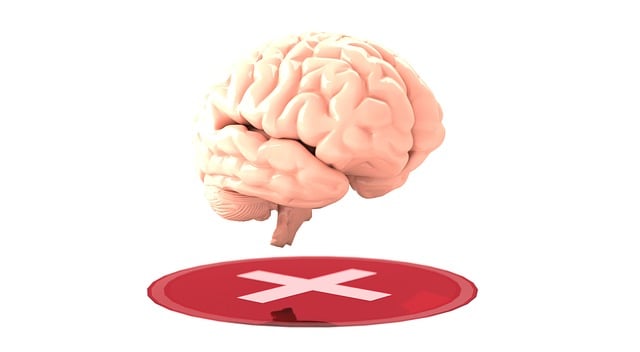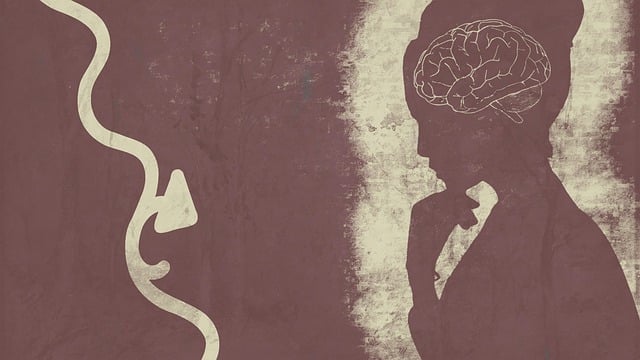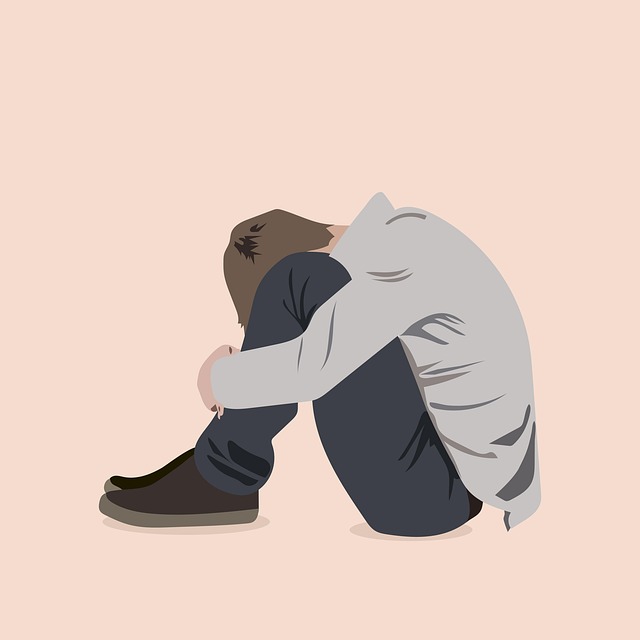This section summarizes essential steps towards healing from mental illness, specifically for survivors of childhood sexual abuse (CSA) like those engaging in Centennial Sexual Abuse Survivor Therapy (CSAT). It emphasizes the importance of recognizing symptoms, professional assessment, and a range of treatment options including CSAT. The text highlights effective therapy techniques, burnout prevention for healthcare providers, and empathy-building between therapist and client. Additionally, it discusses the value of support networks, journaling, social skills training, and community initiatives to reduce stigma and improve long-term mental health stability for CSA survivors in CSAT.
“Navigating mental illness is a challenging journey, especially for those who have experienced childhood sexual abuse. This comprehensive guide aims to empower survivors by unraveling the complex world of mental health diagnoses. From understanding the impact of trauma to exploring effective therapies like Centennial Sexual Abuse Survivor Therapy, we offer insights into healing and recovery. Learn about building a supportive network, long-term care strategies, and prevention tactics to sustain mental well-being. Let’s illuminate the path towards healing.”
- Understanding Mental Illness Diagnoses: A Comprehensive Guide for Survivors
- The Impact of Childhood Sexual Abuse on Mental Health: Unveiling the Connection
- Navigating Treatment Options: Effective Therapies for Healing and Recovery
- Building a Supportive Network: Who to Turn To and How It Helps
- Long-Term Care and Prevention: Strategies for Sustaining Mental Well-being
Understanding Mental Illness Diagnoses: A Comprehensive Guide for Survivors

Understanding a mental illness diagnosis is a crucial step towards healing and recovery. For survivors, especially those who have experienced complex traumas like Centennial Sexual Abuse, this process can be daunting and emotionally challenging. A comprehensive guide can help demystify the journey ahead. It begins with recognizing symptoms and seeking professional assessment, which often involves a detailed evaluation to determine the specific disorder(s) at play. This may include psychological tests, interviews, and discussions about personal history, all aimed at painting a clear picture of the individual’s mental health landscape.
The guide should also educate survivors on various treatment options tailored to their unique needs. While therapy, including Centennial Sexual Abuse Survivor Therapy, is a common pathway to recovery, it’s essential to explore different approaches. Burnout prevention strategies for healthcare providers can enhance the therapeutic process, fostering an environment of care and confidence-boosting techniques to empower survivors. Empathy-building strategies between therapist and client are vital, encouraging open communication and creating a safe space for emotional expression.
The Impact of Childhood Sexual Abuse on Mental Health: Unveiling the Connection

Childhood sexual abuse (CSA) is a devastating experience that can have profound and lasting effects on an individual’s mental health. The impact of CSA extends far beyond the initial trauma, often leading to a complex web of psychological challenges for survivors as they grow into adulthood. This hidden injury can manifest in various forms, including anxiety disorders, depression, post-traumatic stress disorder (PTSD), and even substance abuse. Unaddressed, these conditions can significantly impair daily functioning and overall well-being, affecting every aspect of a person’s life.
Survivors of CSA often struggle with self-esteem improvement and may develop unhealthy coping mechanisms to deal with the pain and shame associated with their experiences. Burnout prevention strategies for healthcare providers are crucial when supporting CSA survivors, as these individuals frequently require specialized therapy, such as Centennial Sexual Abuse Survivor Therapy, to process their trauma and learn adaptive ways of managing stress. Effective stress management techniques can empower survivors to reclaim their lives and build resilience against the adverse effects of childhood sexual abuse.
Navigating Treatment Options: Effective Therapies for Healing and Recovery

Navigating treatment options is a crucial step for anyone on their path to healing and recovery from mental illness. It’s essential to understand that various therapeutic approaches exist, each with its unique benefits, catering to different needs. Centennial Sexual Abuse Survivor Therapy (CSAT), for instance, specializes in addressing the complex trauma associated with sexual abuse, employing techniques like cognitive-behavioral therapy and eye movement desensitization and reprocessing (EMDR) to help clients process and heal from their experiences. This tailored approach can be transformative for survivors seeking to rebuild their lives.
Integrating Mind Over Matter principles into treatment plans can empower individuals to take charge of their mental health journey. Mental health awareness has grown significantly, enabling more open conversations about coping skills development. Therapies that focus on mindfulness, self-care, and building resilience provide valuable tools for managing symptoms and fostering a sense of well-being. By combining evidence-based practices with patient-centered care, healthcare professionals can offer effective support tailored to the individual’s unique needs, ultimately contributing to lasting recovery.
Building a Supportive Network: Who to Turn To and How It Helps

Building a supportive network is a vital step in navigating mental illness diagnosis and treatment. This includes reaching out to trusted friends, family members, or support groups who can offer emotional backing and practical assistance. For survivors of Centennial Sexual Abuse, this network can be particularly crucial as they navigate complex emotions and challenges unique to their experiences. Having a circle of understanding individuals helps reduce feelings of isolation and provides access to valuable resources, such as specialized therapists and support services tailored to sexual abuse survivors.
Journaling exercises and social skills training are effective tools within this framework. A mental wellness journaling exercise can help individuals process their emotions, track progress in therapy, and foster self-awareness. Meanwhile, social skills training equips them with the necessary tools to build and maintain healthy relationships, crucial for long-term recovery and overall mental wellness. These practices, combined with guidance from professionals, empower survivors to take charge of their healing journey and thrive.
Long-Term Care and Prevention: Strategies for Sustaining Mental Well-being

Maintaining mental well-being is an ongoing process, especially for individuals with a history of trauma, such as Centennial Sexual Abuse Survivor Therapy clients. Long-term care strategies are vital to ensure sustained recovery and resilience. One key aspect is continuous access to supportive services, including therapy sessions and support groups, which can help individuals manage symptoms and prevent relapse. These services should be tailored to the individual’s unique needs, addressing any cultural or social factors that may impact their mental health journey.
Community-based initiatives, like Healthcare Provider Cultural Competency Training and Community Outreach Program Implementation, play a significant role in promoting emotional well-being. By educating healthcare providers about diverse cultural perspectives and implementing outreach programs, communities can foster an environment of understanding and support. This approach not only improves access to care but also encourages individuals to seek help without stigma, ensuring long-term mental health stability.
Mental illness diagnosis and treatment can be a complex, often confusing journey. This article has provided a comprehensive guide to understanding mental health conditions, delving into specific issues like childhood sexual abuse’s lasting impact on mental well-being. It highlighted effective therapies, emphasizing the power of supportive networks for healing. Additionally, long-term care strategies were discussed to prevent relapse and promote sustained mental wellness. For survivors of Centennial Sexual Abuse, accessing tailored therapy is crucial for recovery. By utilizing these resources, individuals can navigate their treatment path with knowledge, support, and hope for a brighter future.














